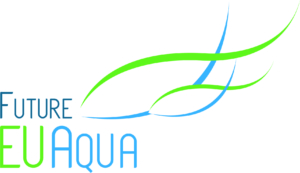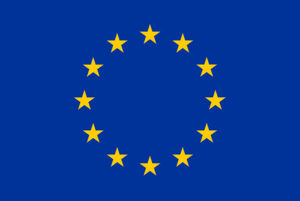Consumer perception and scientific knowledge of stocking density in organic aquaculture
Espmark A.M., Honkanen P, Altintzoglou T, Sæther B.S., Noble C, Abbink W, Jokumsen A, Lembo G, Spedicato M.T., Ljung M, Blancheton Jean-Paul, Olesen I
As part of the EU project OrAqua, literature reviews of consumer’s issues and welfare aspects related to organic aquaculture have been carried out. The objective of the study is to give scientific input to the regulations for organic aquaculture production. Of welfare issues, most factors are covered; husbandry; water quality; light and photoperiod, stocking density, transport, slaughter and veterinary treatment. This presentation will discuss the relations between current organic regulations from the EU, consumer’s perception and scientific knowledge of stocking density in Atlantic salmon, trout, sea bass and sea bream. The stakeholder’s opinions and interests, will also be presented here. Feedback from stakeholders were given on the topic stocking density at the first of three stakeholder events of the OrAqua project.
The objective for this Deliverable is to assess consumer perceptions, sentiments and understanding of organic aquaculture to promote consumer confidence and acceptance of organic farming principles.
Farm economics and competitiveness of organic aquaculture- OrAqua project results
The aim of this study is to improve our understanding of the economics of organic aquaculture production and the competitive position of organic aquaculture products in EU markets. This study builds on former studies on farm economics for organic aquaculture and contains to date extensive calculations on organic aquaculture. Costs and benefits analyses is performed for the farm and chain and how these affect the competitiveness of European organic aquaculture.
Multi Criteria Decision Analysis – MCDA survey- OrAqua project results
Aim of the second stakeholder meeting held in Rotterdam on October 19-20 2015, back to back to the European Aquaculture Conference, was to assess multi-stakeholders knowledge, experience and perception on key issues for the economic development of organic aquaculture. To this purpose a survey on the current EU regulatory framework for the organic aquaculture was carried out.
The results and interpretations of Multi Criteria Decision Analysis- OrAqua project results
The aim of the second stakeholder meeting held in Rotterdam on October 19/20 2015, back to back to the European Aquaculture Conference, was to assess multi-stakeholders knowledge, experience and perception on key issues for the economic development of organic aquaculture. As in the “real world” situations, solutions to alternatives are reached, as compromise solutions, through negotiations to reach a consensus. These challenging solutions were addressed during a survey among stakeholders based upon a Multi Criteria Decision Analysis (MCDA) technique, meant as a tool to facilitate informed decisions among alternative approaches to specific organic farming issues.



